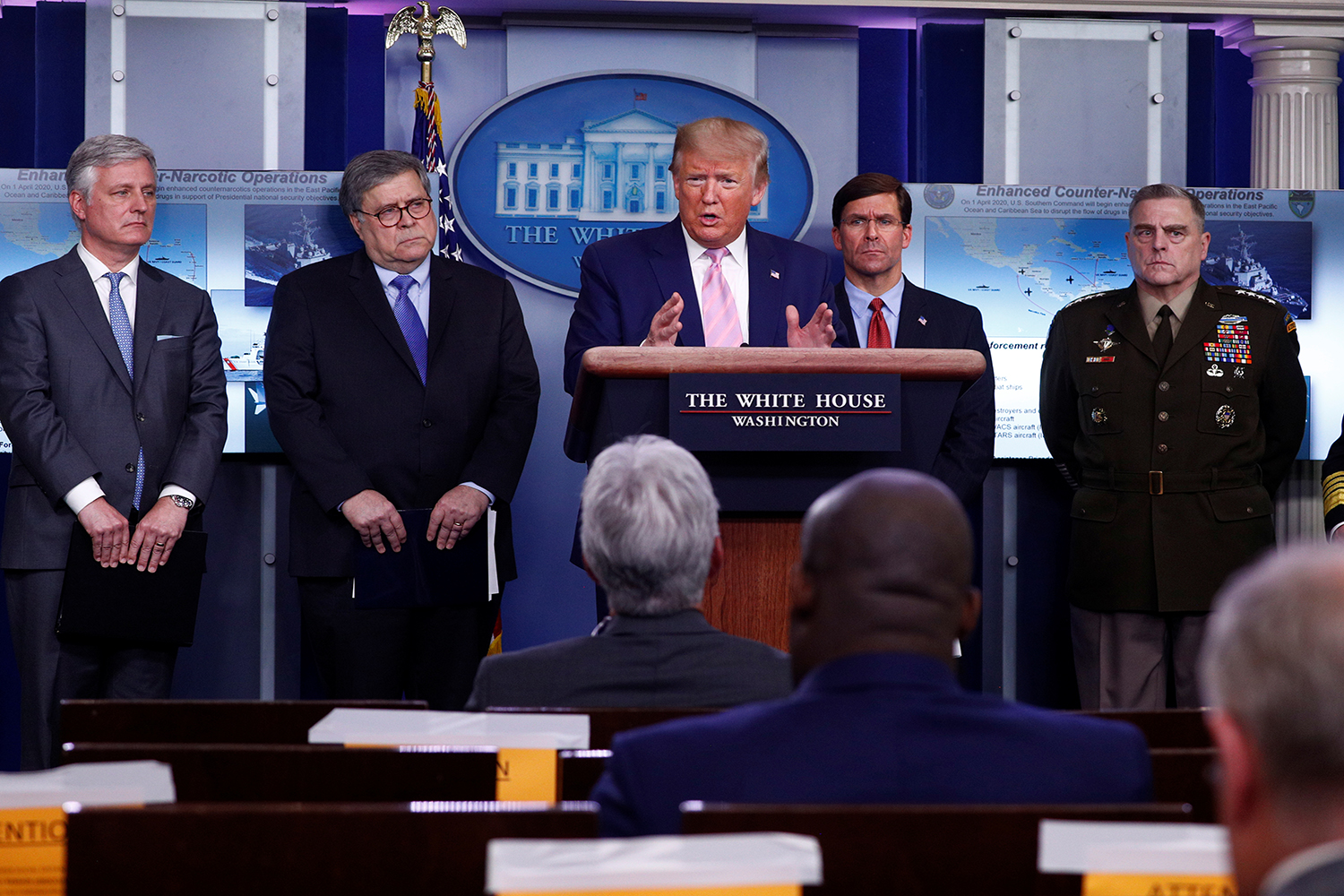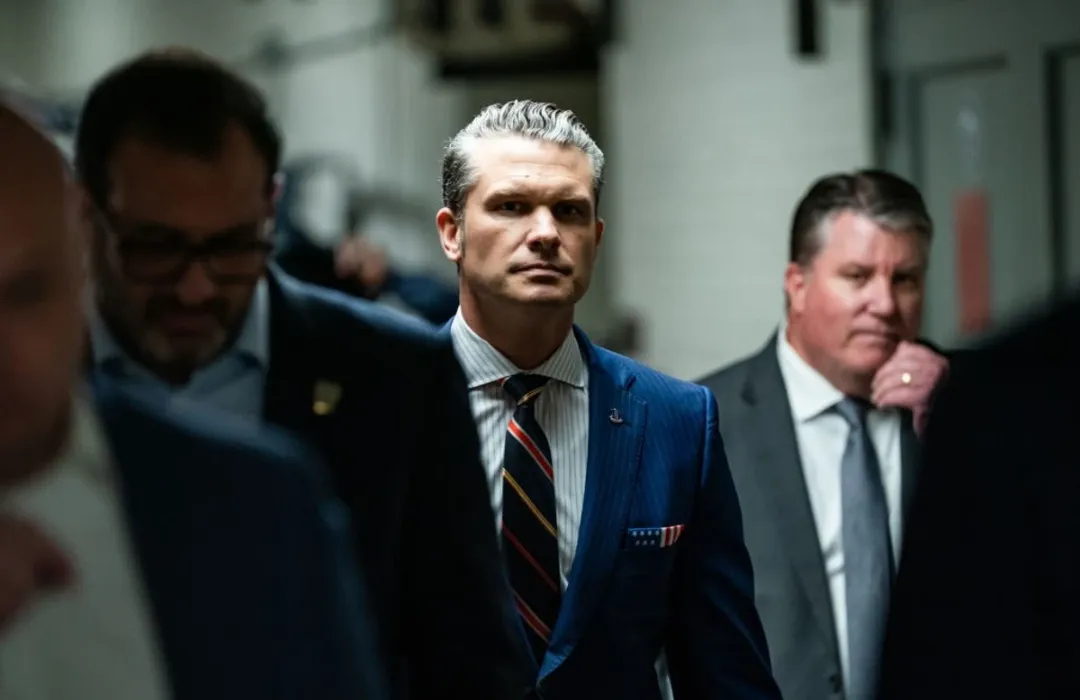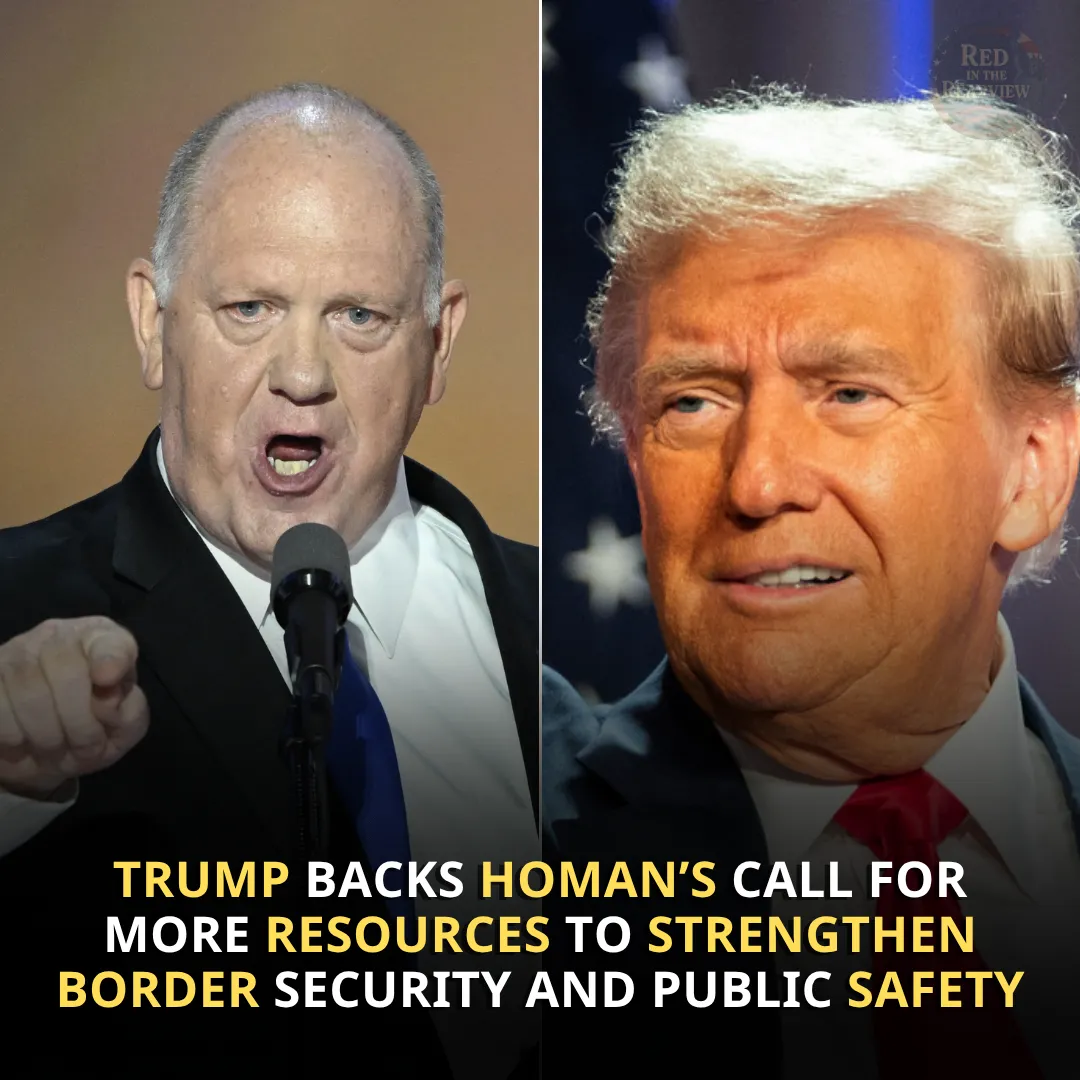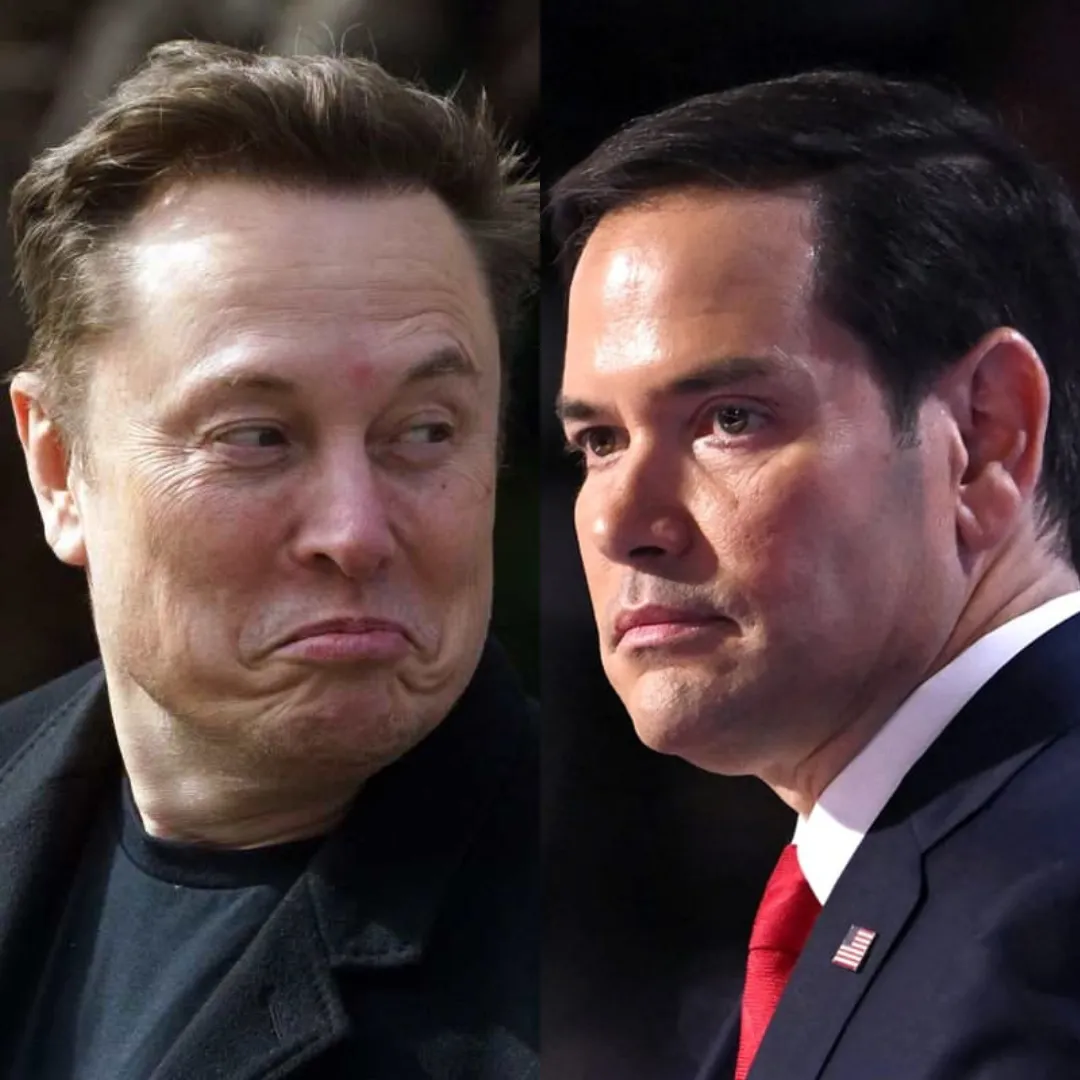
President Donald Trump’s decision to downsize the National Security Council (NSC) staff has sparked considerable controversy, with critics from both the media and former NSC staffers under President Joe Biden voicing their concerns.
They argue that reducing the size of the NSC staff risks undermining America’s ability to respond to national security challenges. Some have even claimed that Trump’s move amounts to “removing part of his government’s brain” and that it increases the risk of the United States failing to address future crises effectively.
However, this criticism fails to take into account the broader context of the NSC’s history and purpose. If we look at the past and assess the efficacy of previous administrations, it becomes clear that the size of the NSC staff is not the defining factor in national security policy success.
In fact, Trump’s approach to downsizing the NSC may actually be a step in the right direction, ensuring that national security policy is more streamlined and focused, with less bureaucratic interference.
One of the key points in the debate is that past administrations with larger NSC staffs have not necessarily fared better in managing national security. Under President Barack Obama, for example, the NSC grew to a massive size of 400 staffers, yet it was unable to effectively handle several key foreign policy issues.
The failure to prevent the chemical attacks by Syrian President Bashar Assad or the negotiation of the Iran nuclear deal, which Iran began violating almost immediately, are clear examples of the shortcomings of an overstaffed NSC.
Similarly, under President George W. Bush, the 200-person NSC staff struggled to coordinate between the State and Defense Departments, contributing to the failures in both Iraq and Afghanistan.
Even President George H.W. Bush, known for his successful foreign and national security policy, managed with a much smaller staff—no more than 60 NSC professionals.
His national security advisor, Brent Scowcroft, is widely regarded as one of the most capable figures in post-World War II U.S. national security.
Under H.W. Bush, the NSC was used effectively as a coordinating body that provided the president with top-level policy choices while allowing the agencies to manage their own operations.
The size of the NSC staff does not determine the success of a president’s foreign and national security policy. What matters is the cohesion and effectiveness of the agency heads who make up the council.
The approach of past administrations, such as the one under Clinton, also shows that the NSC can function effectively with fewer staff.
Clinton’s NSC staff, although larger than the Bush administration’s, was still under 100 members and successfully coordinated policies that led to the expansion of NATO and the end of the Balkan Wars.
President Trump’s decision to scale back the NSC staff is not a reflection of his lack of commitment to national security but a strategic move to make the policy process more efficient.
By reducing the number of staffers, Trump is ensuring that the NSC serves as a more effective coordinating body rather than a sprawling bureaucracy.
The smaller staff will be focused on facilitating communication between the various departments, ensuring that agency heads are directly involved in decision-making without being micromanaged by an overstaffed council.

Critics of the decision often claim that a smaller NSC staff could lead to more inefficiency and less coordination. However, this argument overlooks the reality that a smaller staff can actually lead to faster, more decisive decision-making.
With fewer people involved in each discussion, it becomes easier to reach consensus and provide the president with clear, actionable policy options. This streamlined approach allows for quicker responses to emerging threats and challenges.
Furthermore, critics who argue that Trump is diminishing the capacity of his national security apparatus overlook the possibility that a smaller, more efficient team can still accomplish the necessary coordination without unnecessary complexity.
The key to a successful national security policy is not having a massive staff but ensuring that the staff is composed of competent, experienced individuals who can provide the president with the information and recommendations he needs to make informed decisions.
For example, one of the key figures in Trump’s administration is Secretary of State Mike Pompeo, who has consistently demonstrated his ability to work effectively with the president and the rest of the national security team.
While some have argued that the State Department has been sidelined under Trump, the reality is that Pompeo’s leadership has ensured that State remains a key player in shaping U.S. foreign policy.
In fact, many of Trump’s critics have lamented the lack of traditional diplomatic engagement, but this overlooks the fact that Trump’s unconventional approach has yielded tangible results, such as the normalization of relations between Israel and several Arab nations, as well as the successful negotiations with North Korea.
Another key figure in Trump’s foreign policy team is National Security Advisor John Bolton, who brought his experience and expertise to the table.

While Bolton’s tenure was marked by some disagreements within the administration, his presence highlights the importance of having experienced, knowledgeable individuals at the helm of national security policy.
A smaller NSC staff does not mean a lack of expertise—it means a more focused, agile approach to decision-making, where agency heads can exercise their judgment and provide the president with the most effective policy choices.
Some have criticized Trump’s approach, suggesting that the smaller NSC staff will simply echo the president’s desires without offering alternative viewpoints.
However, the reality is that with fewer people involved, it is more difficult to simply “echo” the president’s views. Agency heads who disagree with the president are still able to voice their concerns and provide their recommendations, but they are doing so in a more streamlined process that encourages direct communication and swift decision-making.
This can lead to more robust, well-thought-out policies that take into account a variety of perspectives, rather than the endless bureaucracy that plagues larger, more traditional NSC staffs.
As for the concerns regarding Marco Rubio’s role as both Secretary of State and acting National Security Advisor, the notion that State would have an undue advantage in policy-making is overblown.
Rubio’s role in both positions allows for more coherence and coordination between the two key components of U.S. foreign policy. While he may not be a foreign policy expert of the caliber of Kissinger, Rubio’s experience and approach are more than capable of ensuring that the interests of the State Department, as well as other agencies like Defense and Treasury, are well-represented in the policymaking process.

Ultimately, the role of the NSC is not to micromanage the agencies that comprise it but to ensure that the president has a range of viable policy alternatives from which to choose.
By focusing on the coordination between agencies and cutting out unnecessary layers of bureaucracy, Trump is empowering his Cabinet members to take more ownership of their respective areas while ensuring that the National Security Council functions as a true advisory body.
This is a more efficient and effective model for decision-making in the 21st century.
In conclusion, President Trump’s decision to downsize the National Security Council staff is not a misguided move, but a smart, strategic decision that will make the U.S. government more efficient and responsive to national security challenges.
The size of the NSC staff has never been the determinant of a successful national security policy; what matters is the coordination, expertise, and efficiency of the staff members.
Trump’s approach reflects his commitment to streamlining government and ensuring that the U.S. remains strong and secure in the face of emerging global threats. Rather than falling into the trap of bureaucratic expansion, Trump is proving that less can indeed be more when it comes to national security.



-1750132009-q80.webp)